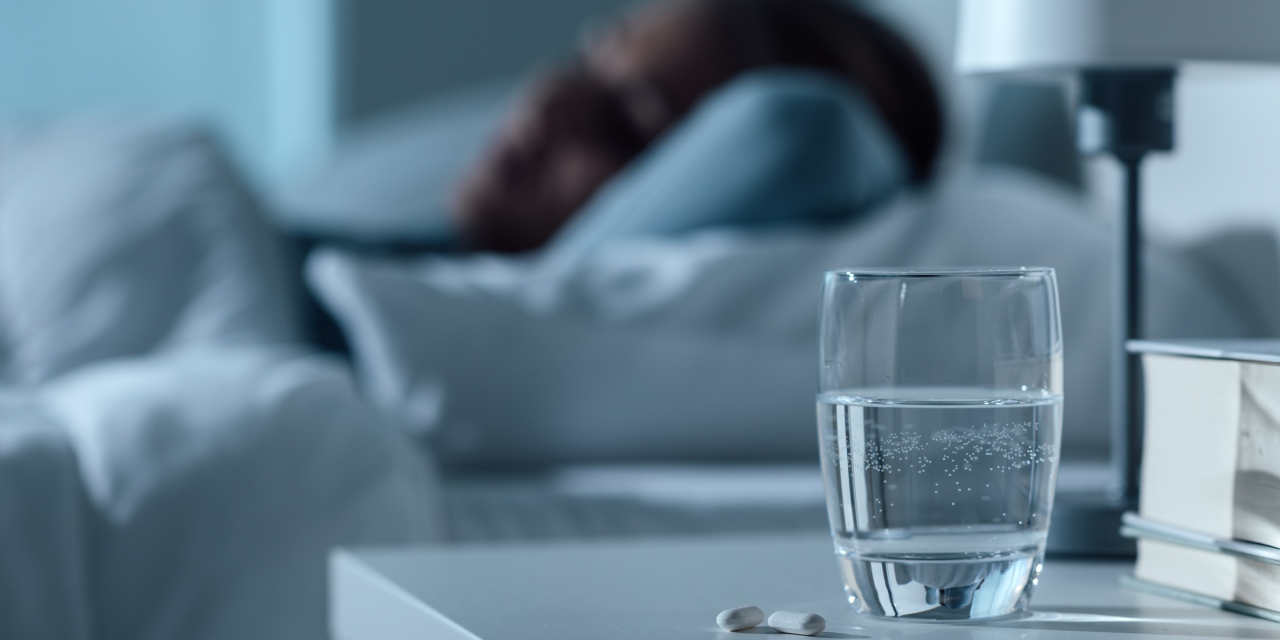Do you often find yourself making another cup of coffee, only its late in the afternoon? Or catch yourself repeatedly yawning in the middle of your workday? If so, you aren’t alone, more than a third of Americans say they get less than 7 hours of sleep at night.
It should come as no surprise that many people turn to drugstore shelves to find a remedy that helps them sleep. There are a number of sleeping medications and “natural” sleep aids that are available for over-the-counter purchase.
But how effective are these products? And do they have any effect on our health?
3 Things to Consider If You’re Using Sleep Aids
Whether you’re a first-time buyer or just hoping to be a little more mindful about these products, here are 3 things to keep in mind.
Talk to your doctor.
Doesn’t matter if it’s “natural” – talk to your primary care provider before adding a sleeping pill to your regimen, especially if you routinely take other medications.
Make time for a sound sleep.
One of the most common effects from a sleep aid is significant drowsiness the following morning. To minimize your reaction, allow yourself 7-8 hours of restful sleep after using these products.
Know when it’s time to see a specialist.
While it may be ideal for those looking to combat jet lag or acclimating to a new shift at work, no sleep aid is intended to be a long-term solution. If your struggles with insomnia are prolonged, it may be time to seek medical help.
Having Your Sleep Patterns Evaluated
If you have concerns that your irregular sleep patterns have turned into a prolonged issue, it’s time to ask for help. Treating a possible sleep disorder early can decrease your risk of developing other medical complications associated with sleep disturbances.
A sleep study will evaluate your REM cycles for a range of sleep disorders. This process requires a physician referral from your primary doctor or a sleep specialist.
Find a Sleep Specialist Near You
Call (716) 706-2112


